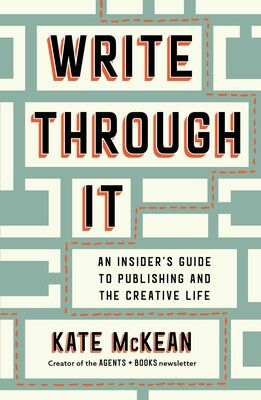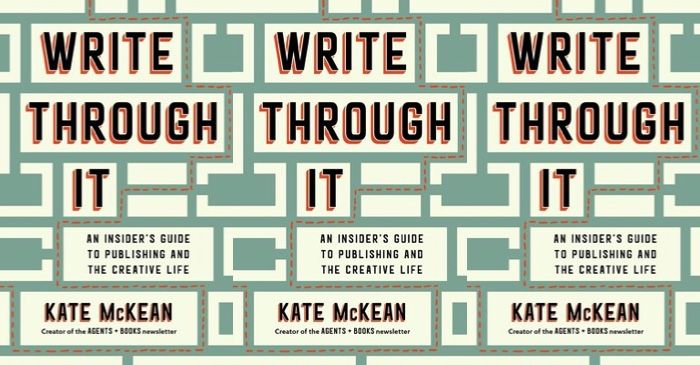The Two Sorts of Guide Auctions
I’ve at all times been fascinated by the phrase “offered at public sale” when listening to about an creator inserting their manuscript at a writer. I perceive after all what an public sale is, however by no means gave plenty of thought to how precisely these literary auctions work. So after I was studying Kate McKean’s forthcoming guide, Write By It: An Insider’s Information to Publishing and the Artistic Life, the part on the mechanics of the 2 kinds of auctions jumped out to me.


I assumed Right this moment in Books readers would have an interest as effectively. So because of Kate McKean and the oldsters at S&S/Simon Component for agreeing to run this frivolously edited (for size) excerpt.
__________________________________________
There are roughly two sorts of auctions: round-robin and greatest bids.
In a round-robin public sale, the agent takes gives till a sure time (Wednesday by midday, say) or till everybody’s weighed in, after which orders the gives from lowest to highest. Then the agent says to the low bidder, Hey, editor, you’re the low bidder of X variety of bidders. The excessive supply is Y. Let me know your subsequent bid. The low bidder has an opportunity to return to their staff and strategize their improved supply; they’ll come again to the agent with that quantity once they can or based on the schedule the agent dictates. The following-highest bidder has an opportunity to beat that new supply, and so forth till nobody’s bidding any increased.
Typically which means there’s a transparent winner, and typically there are two (or extra) shut bids, and the creator will get to decide on.
From my expertise, no matter probably the most annoying, sophisticated final result there may very well be, that’s what’ll occur. The editors have no idea who they’re bidding towards (although I’m positive they will guess), however they typically know what number of bidders there are. Each main publishing home has some form of rule about what imprints can and might’t bid towards one another, however your agent may have labored all that out earlier than the public sale begins.
Spherical-robin auctions can take plenty of time. That is the first draw back about them, in my view. It’s not unusual for them to take every week to wrap up, relying on what the editors should do to get the next supply accepted. There may be much less probability, too, for an editor to wildly enhance their supply, not even to simply get the public sale over with.
None of that’s enjoyable, but it surely’s additionally not essentially dangerous. These auctions hardly ever result in editors overpaying for a guide or having bidder’s regret. I feel, too, that it breeds plenty of goodwill between agent/ creator and editor, as a result of the method is fairly clear.
Bids normally enhance by a number of thousand {dollars} at a time and each editor is attempting to pay the least for the guide they need probably the most. Whereas this would possibly yield much less money, the creator is far much less more likely to be saddled with the outsized expectations that include an overblown advance.
Writer and former editor Andrew Eliopulos stated he thought authors ought to need their guide to do in addition to editors projected on a sensible, not inflated, P&L, as a result of then he’d “get to enroll your subsequent three with nearly no dialogue on the acquisitions assembly.”
In any other case, if an creator received an enormous advance they’d no hopes of incomes out, it could be laborious to argue that the writer should purchase their subsequent guide, since their first one misplaced the corporate appreciable cash. After all, most authors can’t or don’t need to flip down the massive bucks if it’s provided to them. YA creator and senior editor at Alcove Press Jessica Verdi stated she didn’t know anybody, together with herself, who would flip down a hefty advance, “however on the identical time, I feel it’s a weight. I feel it’s plenty of strain.”
In the event you fail to make again your advance, you don’t owe the writer any cash. However that doesn’t imply there aren’t different prices of not incomes out.
Everybody desires the massive, splashy advance as a result of they assume it indicators plenty of funding, religion, and, effectively, excessive hopes for the success of their guide. Nevertheless it’s helpful to consider your future books, not simply your debut.

0 Comment